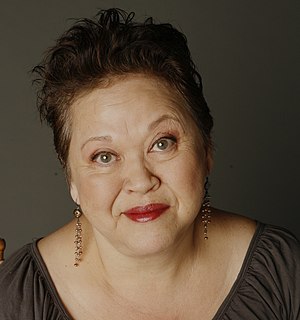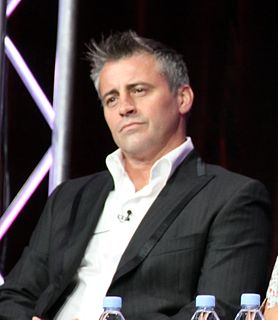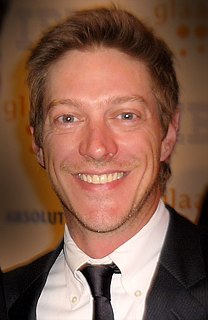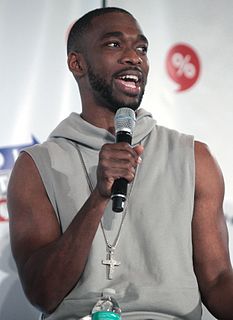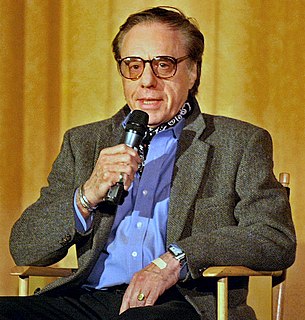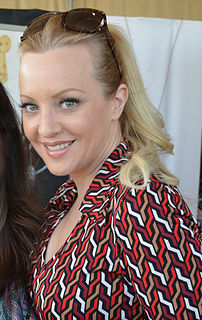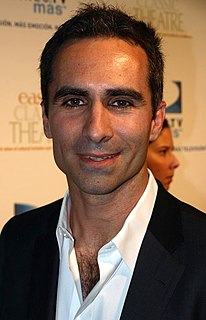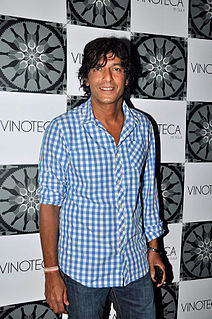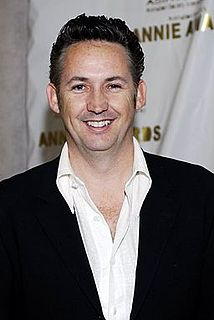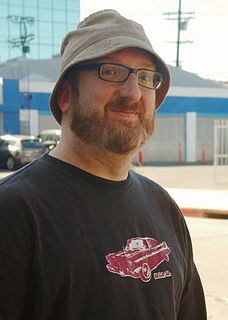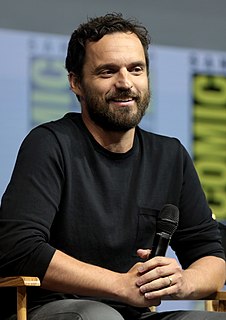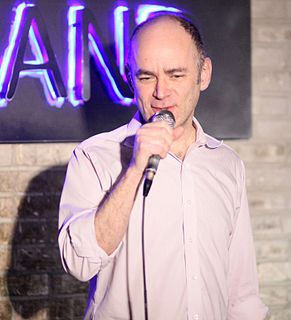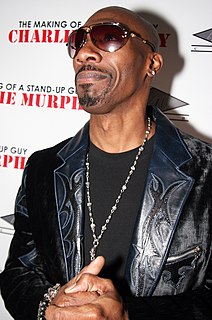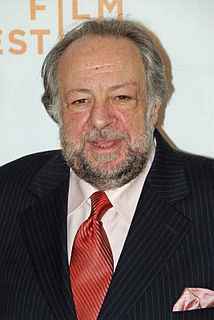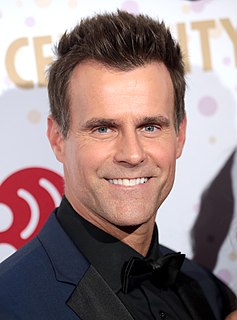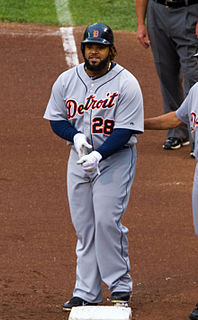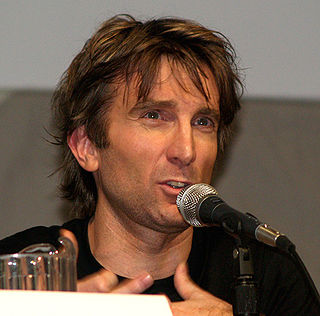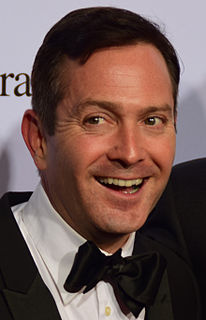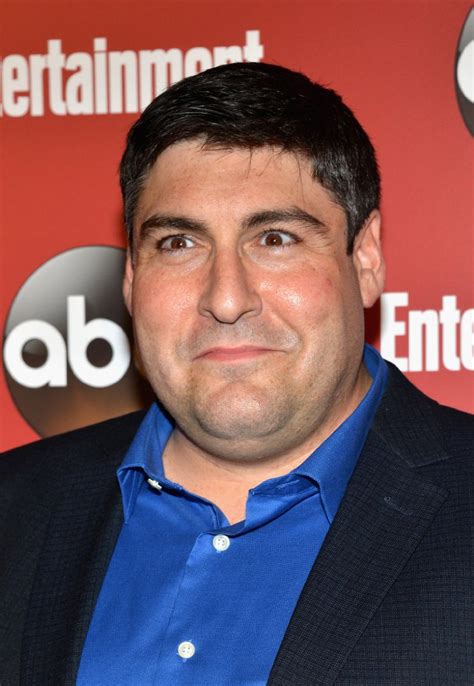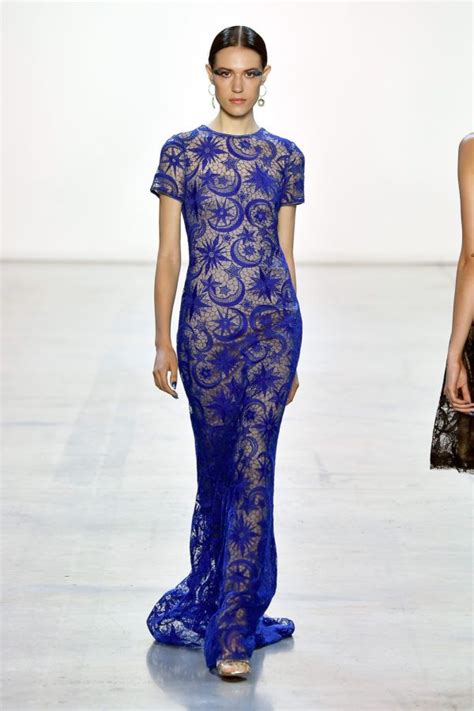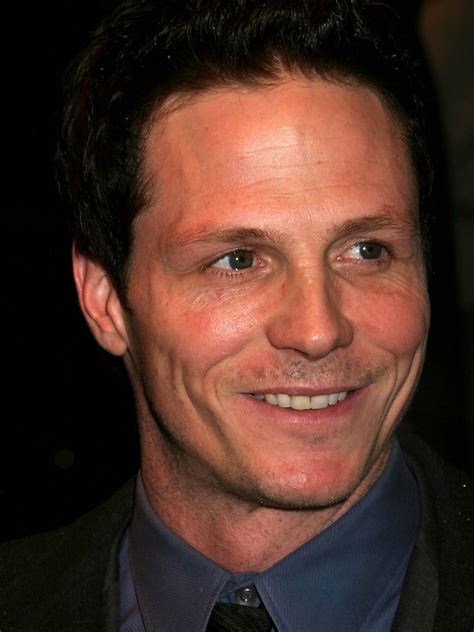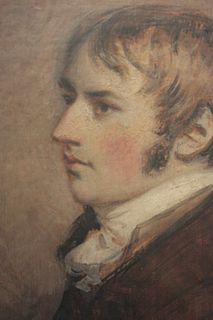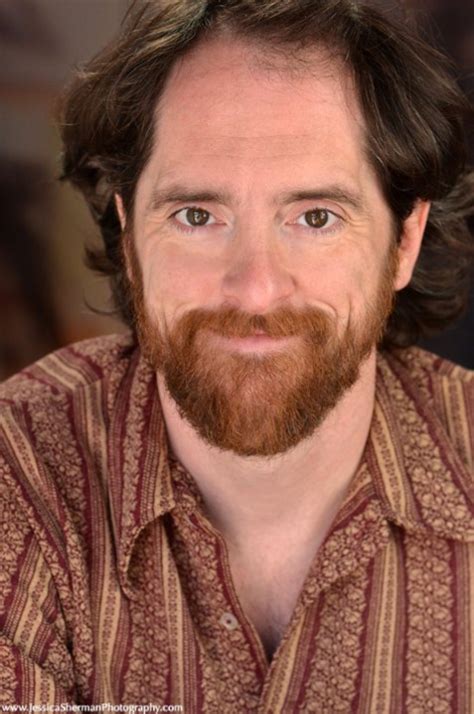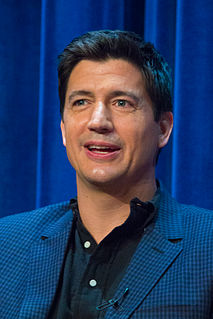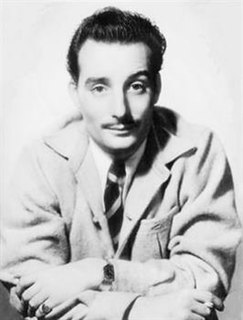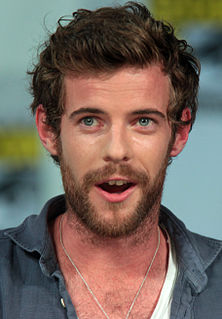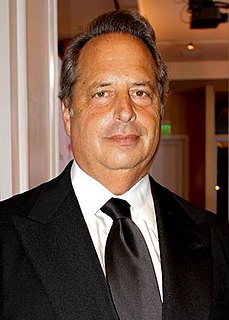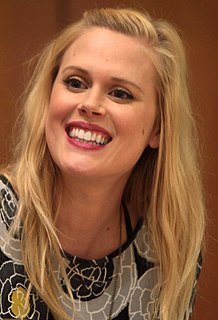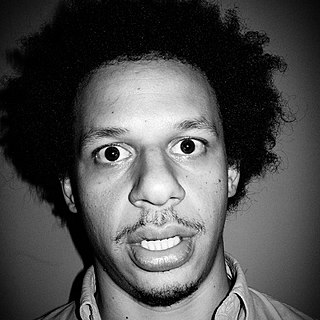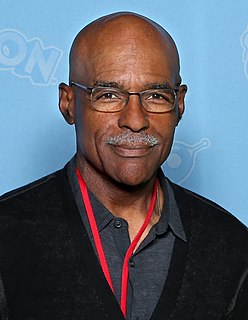Top 1200 Sketch Comedy Quotes & Sayings - Page 3
Explore popular Sketch Comedy quotes.
Last updated on April 16, 2025.
I'm not terribly well read. My wife forces books into my hands and insists I read them, which I'm grateful to her for. She made me read 'War and Peace.' The whole thing. It was amazing, but I had to hide it. You can't walk round reading 'War and Peace' - it's like you're in a comedy sketch and you think you're smart.
When I was in college my improvisation troupe and I did a road trip to Chicago, and went to The Second City to see the classic 'Paradigm Lost' revue - with Tina Fey, Rachel Dratch, Scott Adsit and Kevin Dorff. It blew my mind, and proved to me you can do sketch comedy like you're doing 'Long Day's Journey into Night.' We could treat it like theater.
I grew up in the age of variety shows. 'Flip Wilson,' 'Carol Burnett,' 'Donny and Marie,' and 'Sonny and Cher' - I never missed an episode. These shows had it all: singing, dancing, and sketch comedy. One minute, they're ice-skating with pyrotechnics, the next they're doing a scene on a gigantic set. I just couldn't get enough.
My way of dealing with not really fitting in at my very crappy New England high school and junior high was to write sketch comedy and satirical takedowns of the social hierarchies. At the same time, I was developing a love for movies at the height of the '90s New York indie movie explosion: everything from 'Rushmore' to Nicole Holofcener movies.
I've been doing Nixon pretty much my whole professional life. I was in this comedy group called the Credibility Gap in Los Angeles when he was president. I was doing Nixon on the radio, and when we did live shows I physicalized him - if that's a word - for the first time. And then I did a Nixon sketch on a very short-lived NBC show called Sunday Best.
The first piece of art that I ever bought-when I could afford it-was a Warhol sketch from the period when he was just getting out of doing commercial work and more into art. It's a sketch of a young guy's face. I guess the gallery that I bought it from thought I would like it because the young guy kind of looked like James Dean.
I'm not a sketch writer. I know what I am: I have a sensitive comedic sensibility. What turns me on is subtle neurosis. That's my game. I'm not an action writer or a thriller writer and I'm not a sketch writer. I don't pretend to be those things. Then it would not be fun. Then you are in a space where this is painful.
Horror is like comedy. Woody Allen's comedy is going to be very different from Ben Stiller's comedy which is going to be different from Adam Sandler's comedy which is going to be different from Judd Apatow's comedy. They're all comedy, but they're all very different types and you can enjoy all of them. Horror is the same way.
Comedy is lively, comedy is joy, and that's what keeps us [people] going, we've got to look forward to little, little happiness's. Little, little joys, and comedy is very, very important, it's a vital. We underestimate its value, but we should see more comedies. Comedy is life giving, it's invigorating. I really believe it.
When Bruce Lee gets his cameo in 'The Green Hornet' - as one of the drawings in Kato's notebook - it clarifies what the film is: an unrealized sketch. A sketch can afford to allude to a point of view. Moviemakers need to show their point of view, something this shrug of a movie never gets around to doing.
I think people were not expecting us [with Robert Ben Garant] to, they were just like, "Well here come the writers," but we both were coming out of a sketch comedy background, so when we pitch a movie, we play every character in the film. You act it out, you perform it - you do a 10-minute performance of the movie.
It's very hard to find a good comedy. I prefer doing comedy far over anything else because I think they're actually more profound. But finding a good one and a great ensemble is very difficult to do and I'm delighted that in these particular times there is so much interest in comedy and that comedy is having so much success.
To go from working with a group of people in a sketch-comedy show on a small network, where it was all about just creating funny stuff, to being on a network show, and the pressures of that, and getting to know the new people who were involved in it. There was a learning curve for me. But it was an education.
Having made up my mind, I went to see Steve [Jobs]. I brought a hand-drawn sketch with me, and I said, "Please make something like this." He said, "Don't show me such an ugly design sketch." But he also said, "You've got the right idea. I totally agree that the time has come when we can make the ultimate mobile machine."
It's a real democratic time for comedy, and I think my special is a sign for that. You don't have to just be a classic stand-up to get a special, or you don't just have to be on Saturday Night Live to do characters and sketch on TV. The web has allowed me to show that there are different ways to make people laugh, and the special is a combination of those things.
But what's your ultimate goal, you'll say. That goal will become clearer, will take shape slowly and surely, as the croquis becomes a sketch and the sketch a painting, as one works more seriously, as one digs deeper into the originally vague idea, the first fugitive, passing thought, unless it becomes firm.
I had seen some shows at the Groundlings [legendary L.A. improvisational and sketch comedy troupe] and thought, "If I could ever do that, that would really mean something, that I have arrived." So I went through the program and said to myself, "I'm going to stay here until they kick me out." Seriously, they can ask you to leave at any point. Luckily, they never did that to me.
I never pursued anything in terms of performing comedy until I was in my twenties. I was basically forced into it by a couple of my friends who were starting a sketch troupe and thought I'd be good at it. I was kind of terrified by it, but I gave it a try. I am so grateful to those guys for believing in me and viciously twisting my arm!
I met a bunch of people and they said, "We're gonna do a show [Second City]." So we would buy the theater out and do a show, and we did that for five years and we ended up becoming popular. It was before sketch comedy was hipster-time - when you would hand out a flier, people would roll their eyes. Now it's kind of cool.

